
You do not have to be a smoker in order to be negatively affected by tobacco smoke around you. Namely, passive smoking, which is a process involving non-smokers breathing in the exhaled smoke of those who like cigarettes is equally dangerous as smoking actively. Moreover, the secondhand smoke which gets produced during this process is one of the main reasons behind air pollution these days.
Facts about Passive Smoking
Even though all people who are passive smokers are in danger, the groups with the highest risks for developing serious health conditions are small children, infants and fetuses. Their organs may be destroyed and their brain and lungs may be damaged.
Pregnant women should not smoke and that is a well known fact. However, this fact exists for a reason. Namely, cleft lip and palate, as well as decreased body weight of the newborn child, all are phenomena which can be directly connected with passive smoking. Also, active smoking of the mother decreases the quality and the quantity of her breast milk, affecting the child's health negatively. Finally, sudden infant death syndrome is likely to affect children of smokers rather than other children.
Effects on small children
Small children are equally affected by cigarette smoke, especially if the parents are smoking regularly in the household. Namely, a child does not have fully developed organs yet and the smoke can inhibit these otherwise healthy processes, leading to debilitation or development of certain diseases such as asthma or bronchitis as well as sinusitis or cystic fibrosis and even pneumonia. Middle ear infections may also stem from secondhand smoke exposure, due to the fact that the smoke irritates the Eustachian tube, leading to swelling and pain as the infection spreads and gets worse.
Side-Effects of Passive Smoking
Secondhand smoke inhalation can have immediate consequences on one's health. Coughing, nausea, dizziness, sore throat, eye irritation, headaches or breathing difficulties may strike individuals who get in contact with secondhand smoke over a very short period of time.
As for long-term exposure, it may result in lung cancer, ischemic heart disease or cardiovascular diseases.
Protection from Secondhand Smoke
The best way to protect yourself and your family is by quitting smoking. Smoking cessation will make both your life and the life of your family better and healthier. If you cannot do it on your own, seek medical assistance and opinion.
If you cannot quit, do not smoke at home or in the car. Rather, leave the room and the vehicle in order to smoke outside, where you cannot harm anybody else.


_f_280x120.jpg)

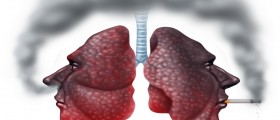
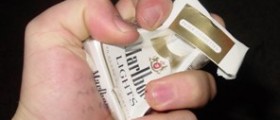
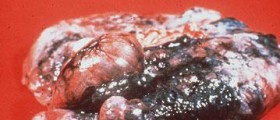

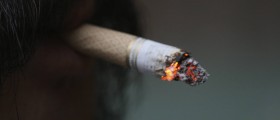
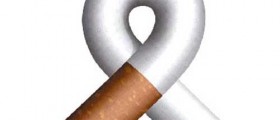
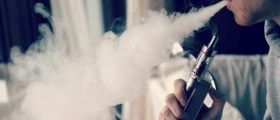



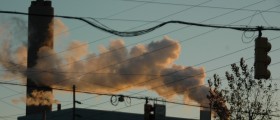

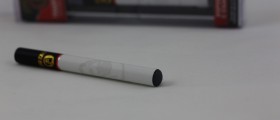
Your thoughts on this
Loading...